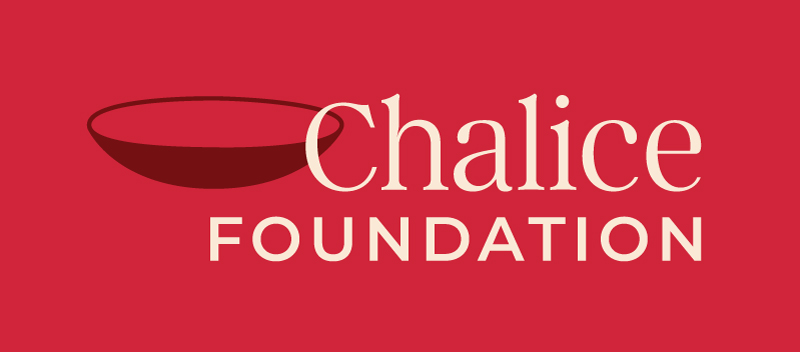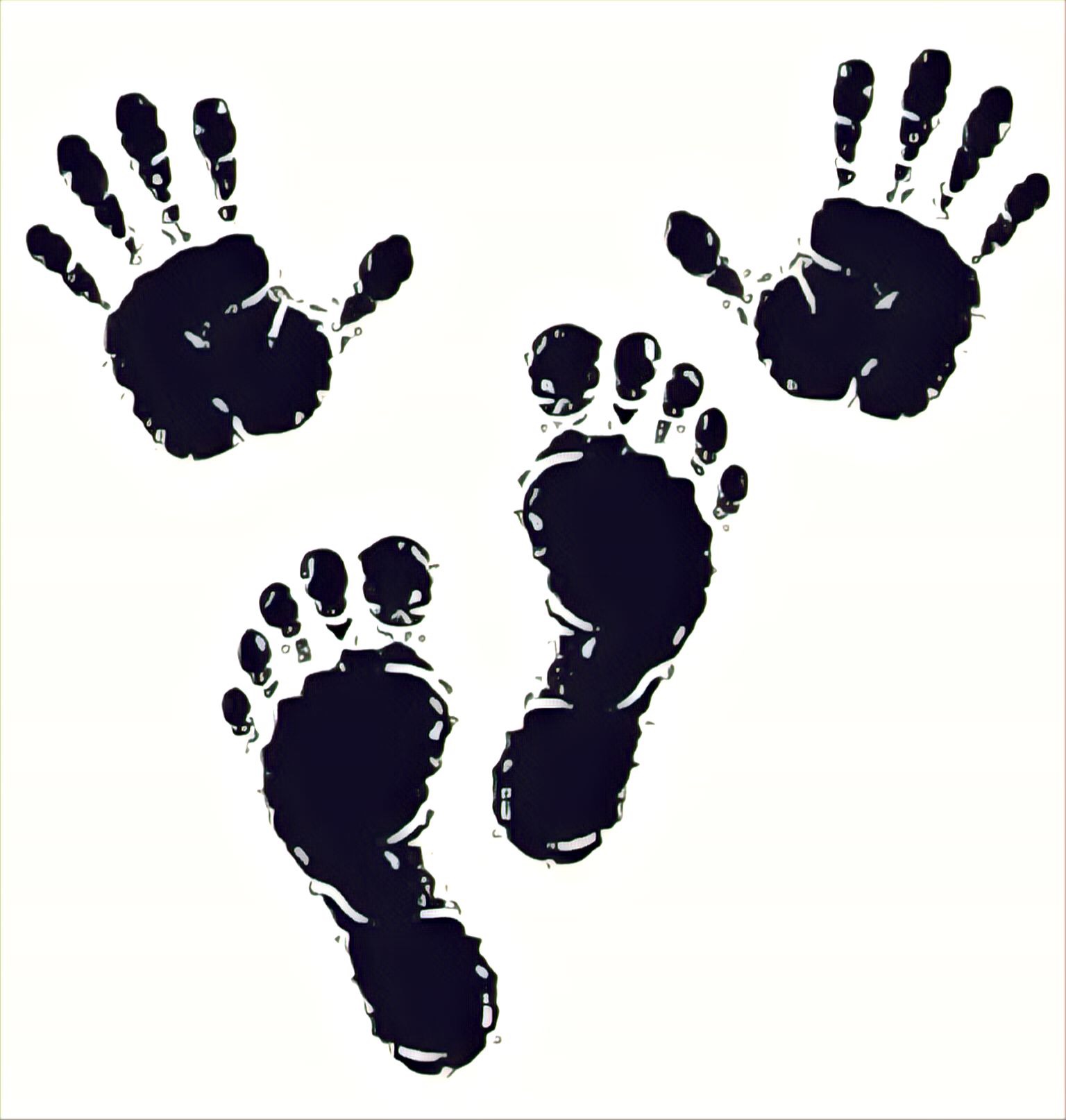Anna Cole reflects on her work in Portsmouth (UK) with Gemma Green. How, by including menstrual awareness in her presentation to young women and girls participating in Project Catalyst, this added a new dimension to their education and, for Gemma, how this enhanced her understanding of her body as an athlete.
Gemma Green is Lead for Project Catalyst based at the Portsmouth Abuse and Rape Counselling Service (PARCS). Catalyst is a group for girls and young women aged 16-24 who are finding new ways to make lasting change in the culture and conversation around sexual violence towards women and girls. Gemma hopes that together they create a movement for young women to grow and develop into the young activists that they want to be, and that they change things for themselves, and for the culture they are inheriting. The aim of Project Catalyst is to raise the profile for people who have been subjected to sexual violence, so that people notice, care and get angry about it.
I first met Project Catalyst in it’s pilot phase when I was invited by Gemma to speak to the group as Project Co-ordinator for the Women’s Community Activism in Portsmouth project with the University of Portsmouth. One of the goals of that project was to create a lasting public archive to tell the untold story of Portsmouth women’s many profound contributions to positive change in the community. We recorded oral history interviews with over 50 senior women activists from the Portsmouth area.

Photo taken at the opening of Diana House -PARCS moved there in 2018 and named after Diana Warren Holland. In the pic is also the PARCS activism quilt (over the table) created by women many survivors of sexual violence.
We interviewed women who had lived through the era of the women’s liberation movement of the 1970s and early ‘80s, had set up the first women’s refuges, domestic violence services, the rape crisis line that grew to become PARCS, camped out at Greenham Common against nuclear armaments (some for years at a time), campaigned for disabled rights, children’s rights, stood for equal pay and equal opportunity in the workplace, fought against racism, and for freedom of sexual orientation and trans-gender identity, created activist art and spear-headed ‘Surfers against Sewage’ and ‘Plastic-free Portsmouth’ campaigns, among many others.
To introduce this oral history project to the girl’s group I shared something of my own life story. I included the role menstruation had played in my life as a younger woman, and the holistic way I had been taught to transform my menstrual pain into gold! I shared something of how I drew on my experience to support girls and women through the Celebration Day for Girls and Cool on the Inside programmes via the taboo-busting work of Alexandra Pope and Jane Bennett in Australia, where I grew up.
Gemma recalls: “…[W]hen you first came into the pilot and you included your own story with menstruation in your presentation I thought this is really important, because I remember my response to it which was: ‘Oh, OK? We are talking about this?’ And I think that was really helpful for me as a leader, someone that the young women look to for guidance – what are my thoughts around this? A lot of what I am supporting the young girls to do in Catalyst is to be aware of themselves, to tap into themselves in order to offer support, mentorship or leadership to other young girls or women.”
Gemma told me that with her ‘other hat’ on with a background as an athlete and heptathlete for Team GB (Britain’s Olympic team) and her coaching qualifications in weightlifting, running, CrossFit and football, menstrual cycle awareness makes good sense:
“I was fast and I had endurance. I was able to throw, run, jump, sprint as well as do long-distance cross country. Multiple disciplines. Most of the information and the programmes that are out there, particularly about strength, are based on men and men’s bodies. There is very little specifically around women and girls in strength training. The best weight-lifters, for example, are the ones who have awareness of their bodies…People think it’s about walking up to it and pulling it up, but its about your awareness of your body, catching the bar at the right position…
There are different ways women need to train and one of the ways is around awareness of the menstrual cycle. I have an app for tracking menstruation and I see my role now in coaching is that this is my form of activism. I got quite angry that this is not included when I was training. A few women that I have started following in personal training have started talking about it, but it’s very new. I do challenge and undermine the messages in competitive sports, about the body as commodity.”
Gemma concludes: “What you’ve created here, by coming in and including menstruation in your presentation, in relation to women’s activism, is another catalyst for Project Catalyst. It was a catalyst moment. No-one else [in the context of women coming in to talk about their lives to the Catalyst girl’s pilot group] had mentioned menstruating before…and you named it. You’ve created another catalyst for Catalyst! Catalyst is all about change and gentle activism that brings about individual change for the women and girls, and for other girls and young women, and that’s exactly what happened when you came in and talked about menstruation”.
This is activism from the inside out!

Anna Cole
Anna Cole combines her work in academic research, writing, and project co-ordination with her role as UK Regional Lead for the not-for-profit Hand in Hand Parenting. She is a Licensed facilitator for ‘A Celebration Day for Girls’ and ‘Cool on the Inside’. Anna has a PhD in Social History from the University of Technology, Sydney, specialising in oral and archival history. She has worked as a Lecturer and Project Co-ordinator in the Anthropology Department, Goldsmiths College, University of London, University of Brighton and the University of Portsmouth. Anna’s film about urban Indigenous women’s culture was short-listed for a United Nations Media Peace Award (2012).

Gemma Green
Gemma Green is Project Lead for Catalyst, with specialist knowledge and training, developed over the past 17 years, in the fields of trauma specifically group-work with survivors of sexual and domestic abuse. Gemma has specialised in group-work with offenders of domestic and sexual violence and is an Accredited CBT group tutor and a Humanistic Counsellor in training with a particular interest in Gestalt therapy. Gemma has a competitive athletics and sports background with coaching qualifications in Weightlifting, Pose Running, CrossFit and FA coaching certificates.


